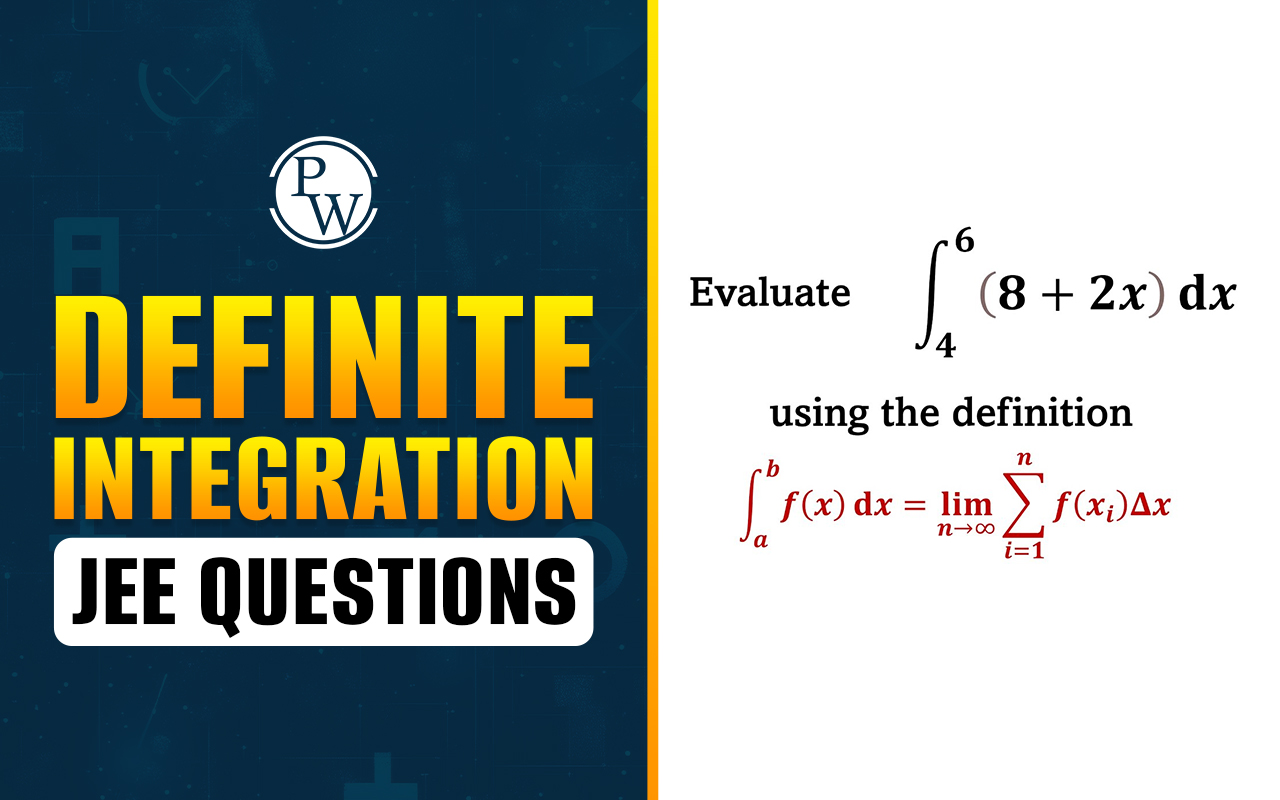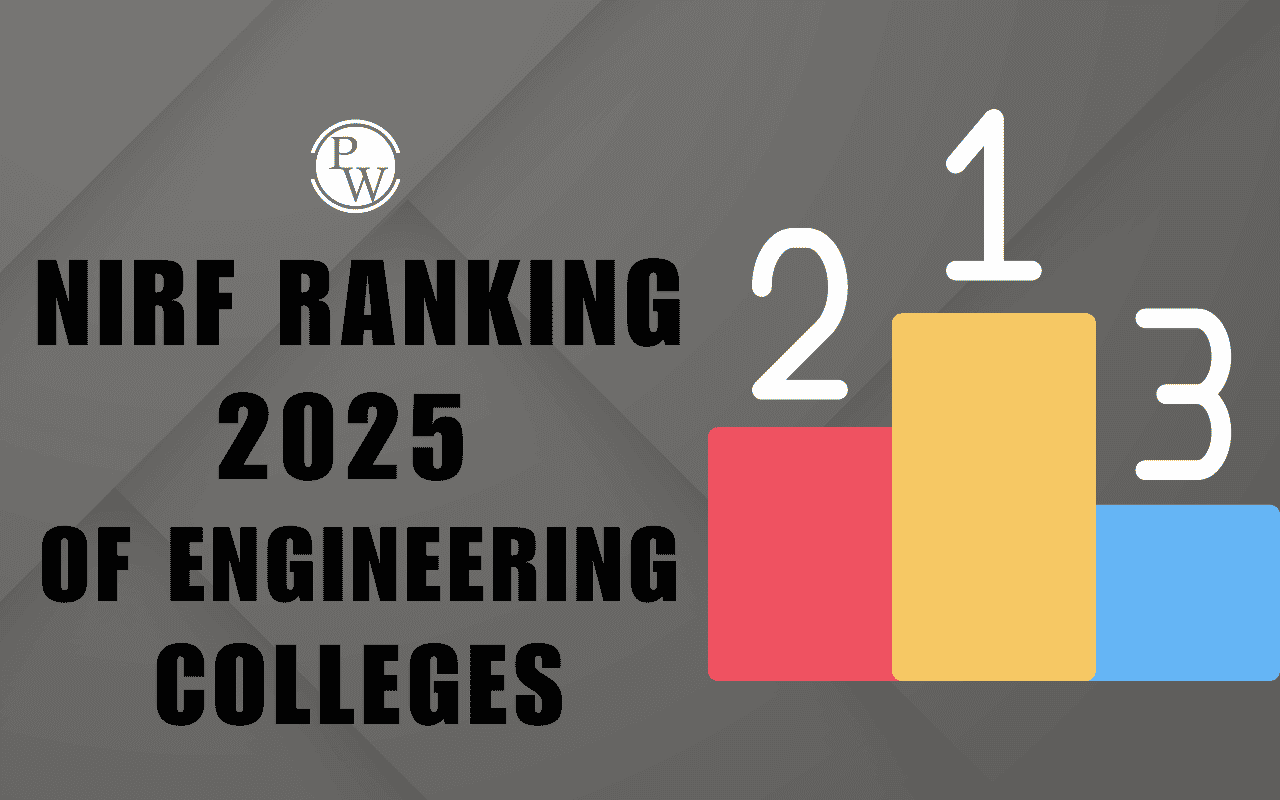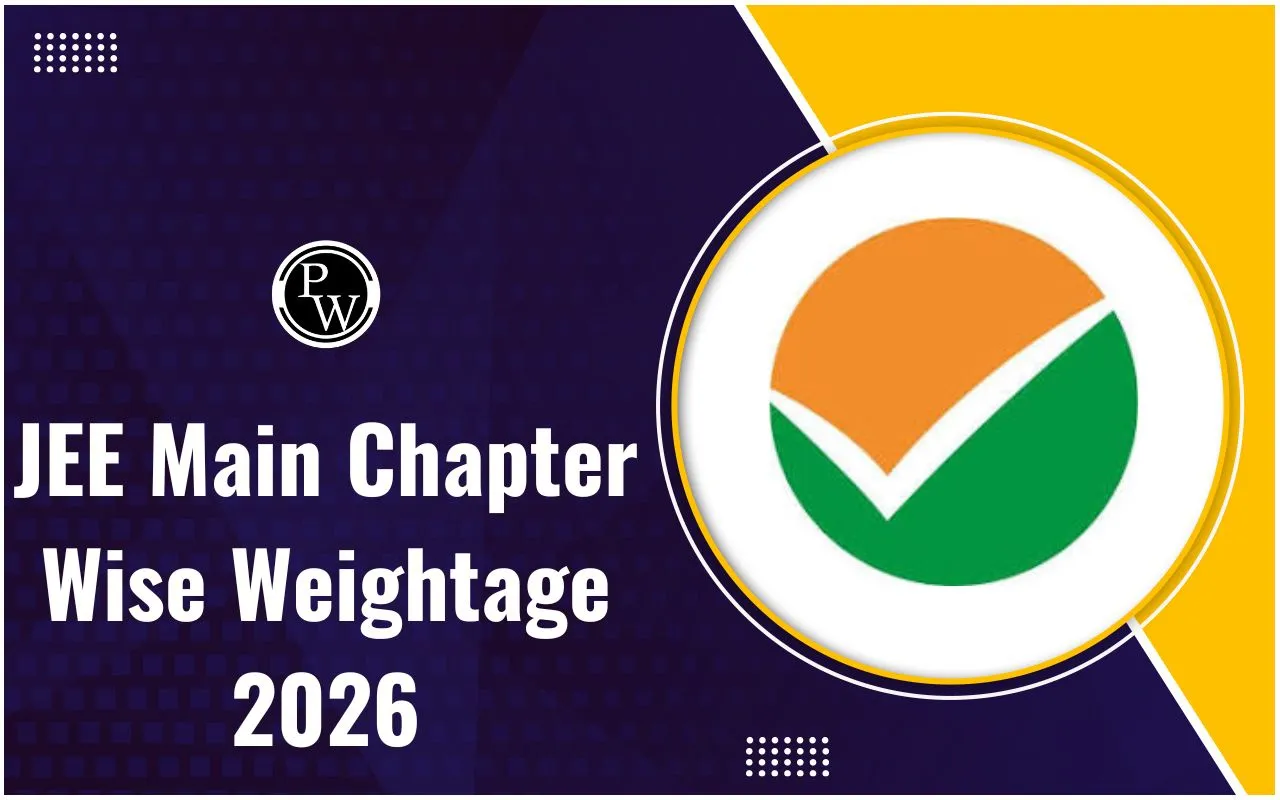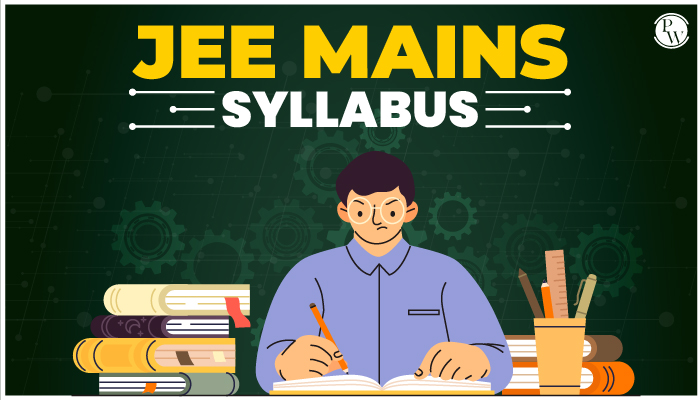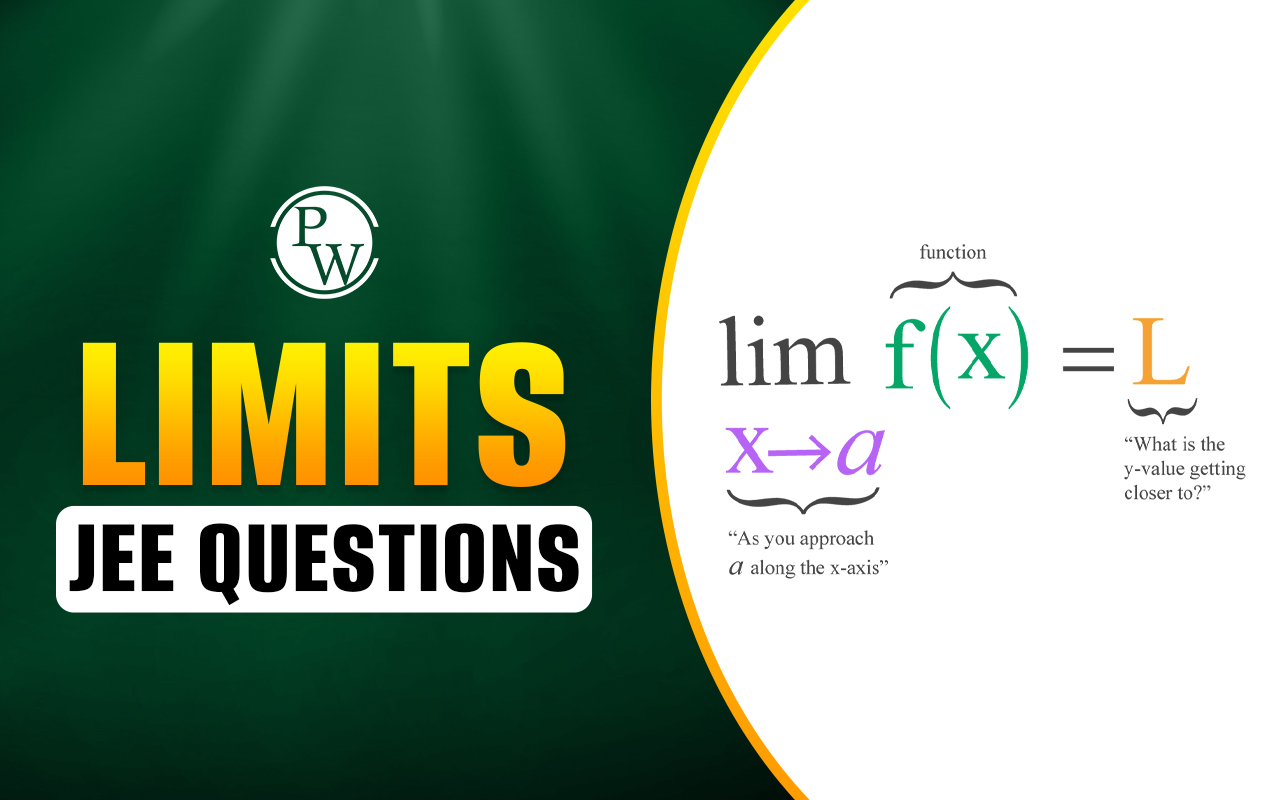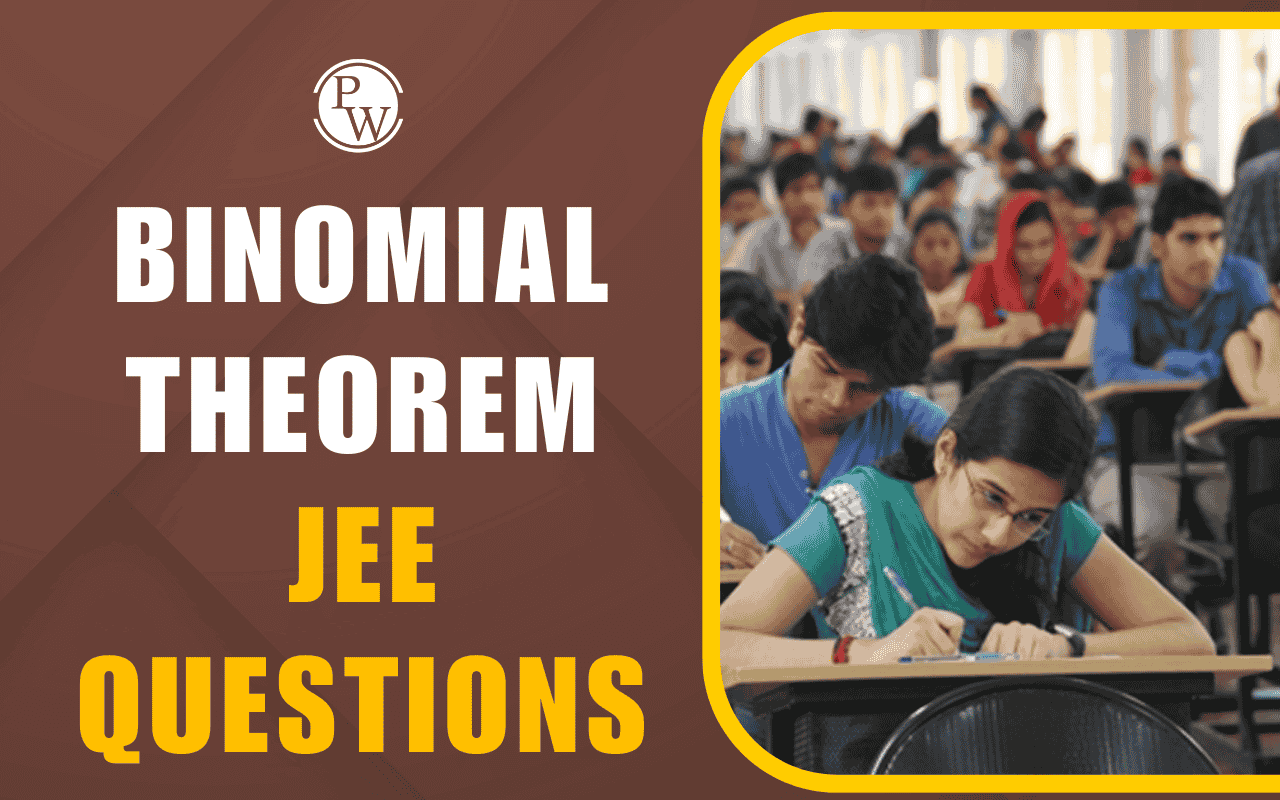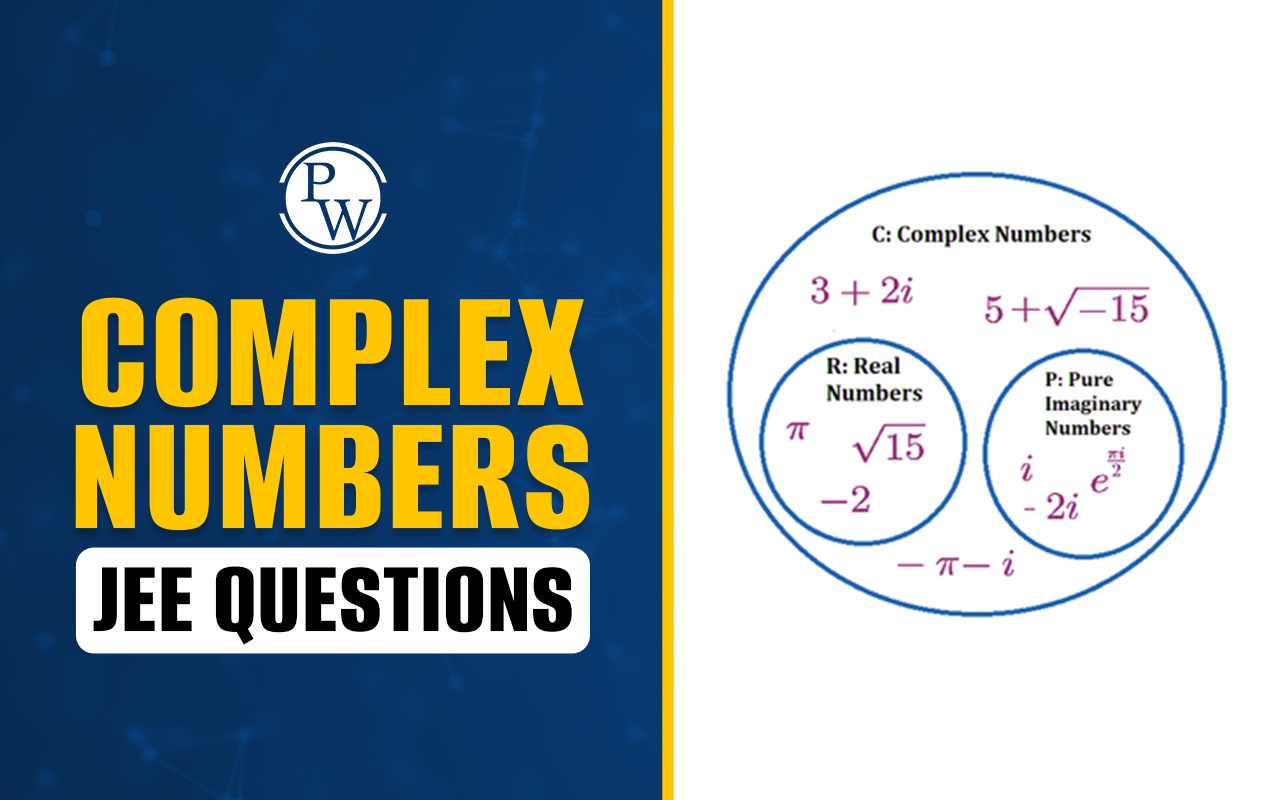
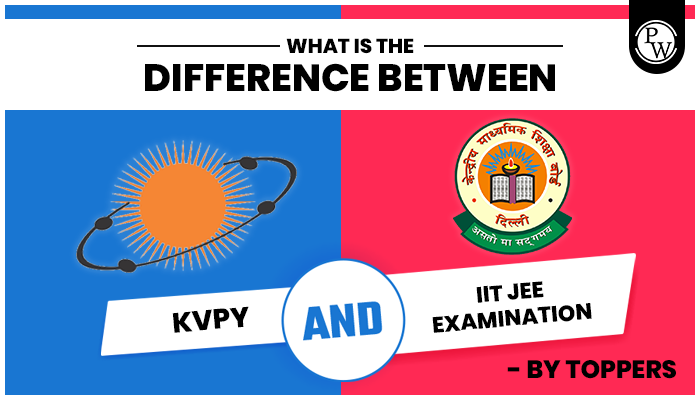
If you are preparing for the KVPY and IIT JEE Exam then you should know about the major differences between both the exams. Candidates who are pursuing class 11th and 12th exams can appear in both examinations.
KVPY stands for Kishore Vaigyanik Protsahan Yojana and is a popular scholarship test conducted by the IIISc, Bangalore. Whereas, the IIT JEE exam is the annual competitive examination conducted for admission to engineering colleges. Both KVPY and JEE exam are held for Science enthusiasts. Candidates who qualify for the KVPY exam are eligible for scholarships and grants. Whereas, candidates qualifying for JEE become eligible for admission to B.Tech courses only. In this article, we have discussed the major differences between both examinations.What is the KVPY Exam?
The KVPY (Kishore Vaigyanik Protsahan Yojana) exam is a national-level scholarship program in India that is conducted by the Indian Institute of Science (IISc), Bangalore. The examination is conducted annually for candidates who belong to the Science stream. The examination is held in three streams, SA (Class 11), SX (Class 12), and SB (Undergraduate). The successful candidates will receive scholarships and annual grants to pursue basic science courses.Also Check : JEE Main Syllabus
What is the IIT JEE Examination?
IIT JEE is a premium competitive examination that is held annually by the National Testing Agency. The examination is held for candidates who wish to pursue Engineering courses from IITs, NITs, and MNITs. The IIT JEE examination is held in two phases, JEE Main and JEE Advanced . The JEE Main exam is held for candidates who wish to be admitted to NIT, MNITs and IIITs along with government engineering colleges. Whereas, those candidates who wish to take admission to IIT colleges have to qualify for the IIT JEE Advanced examination.Point of Difference Between KVPY Exam and IIT JEE Examination
KVPY exam and IIT JEE are held for candidates who wish to pursue Science in their careers. Both exams are taken up by the candidates who are pursuing classes 11 and 12th with PCM as the main subject. However, there are some major differences between both exams. Refer to the section below to understand the basic differences between both of them.Also Check : JEE Advance 2024 exam date
Eligibility Criteria For JEE/ KVPY
Candidates who have passed class 12 with Physics, Chemistry and Maths as main subjects from a recognised board are eligible to appear for the IIT JEE examination. Candidates studying in class 12th are also allowed to write the examination. Whereas, the KVPY examination is held for three streams, class XI students, class XII students and candidates pursuing UG courses. The candidates willing to appear for the KVPY exam need to fulfill any of the following eligibility.| Stream | Eligibility Criteria |
| KVPY SA Stream | Candidates enrolled in class 11 and passed the board exam with 75% marks in Maths and Science. |
| KVPY SX Stream | Candidates enrolled in class 12 and passed the board exam with 75% marks in Maths and Science. |
| KVPY SB Stream | Candidates enrolled in class 12 and passed the board exam with 60% marks in PCM. |
Purpose of JEE Exam
The major purpose of the IIT JEE examination is to test a candidate’s ability for engineering courses. Candidates who qualify for the IIT JEE examination become eligible for admission to engineering colleges. It is a standard exam that tests a candidate’s overall knowledge and fosters a competitive spirit among them. The primary purpose of the KVPY exam is to identify and encourage young talents with a keen interest in science and research. It aims to nurture and support students who show a passion for scientific exploration and innovation. KVPY provides scholarships and annual grants to successful candidates. This financial support helps them pursue their studies in basic sciences and research.Also Check : JEE Advanced Exam Pattern 2024
KVPY and JEE Main Exam Pattern
The following are the detailed exam patterns for both the KVPY and IIT JEE Main examinations.KVPY Exam Pattern
- The examination will be held in the offline mode
- There is a prescribed negative marking of 0.25 marks for the wrong answers marked by the candidate
- Candidates will get 3 hours to complete the KVPY exam 2023
| KVPY Exam Pattern for SA Stream | |||
| Subjects | Total Questions | Total Marks | Duration |
| Physics | 20 | 25 | 3 hours |
| Mathematics | 20 | 25 | |
| Chemistry | 20 | 25 | |
| Biology | 20 | 25 | |
| KVPY Exam Pattern for SB and SX Stream | |||
| Subjects | Total Questions | Total Marks | Duration |
| Physics | 30 | 40 | 3 hours |
| Mathematics | 30 | 40 | |
| Chemistry | 30 | 40 | |
| Biology | 30 | 40 | |
Also Check: JEE Main 2024 exam pattern
JEE Main Exam Pattern
| JEE Main Exam Pattern 2024 | |||
| Particulars | Paper 1 (B.Tech/B.E.) | Paper 2A (B.Arch) | Paper 2B (B.Plan) |
| Mode of Exam | Online | Online (Mathematics and Aptitude) and offline (Drawing test) | Online |
| Subject Name | Physics Chemistry Mathematics | Drawing Mathematics Aptitude | Mathematics Aptitude and Planning |
| Duration of exam | 3 hours | 3 hours | 3 hours |
| Number of questions | 90 | 82 | 105 |
| Type of questions | Multiple Choice Questions (MCQs) Numerical Value Questions | Multiple Choice Questions (MCQs) Numerical Value Questions Drawing: Questions to test drawing and sketching skills | Multiple Choice Questions (MCQs) Questions with Numerical Value Answers |
| Total Marks | 300 marks | 400 marks | 400 |
| Exam Language | Assamese, Bengali, Kannada, Malayalam, Marathi, Odia, Punjabi, Tamil, Telugu, Urdu in addition to Hindi, English and Gujarati | Assamese, Bengali, Kannada, Malayalam, Marathi, Odia, Punjabi, Tamil, Telugu, Urdu in addition to Hindi, English and Gujarati | Assamese, Bengali, Kannada, Malayalam, Marathi, Odia, Punjabi, Tamil, Telugu, Urdu in addition to Hindi, English and Gujarati |
| JEE Main Marking scheme | Correct Answer: +4 marks Incorrect Answer: 1 marks | Correct Answer: +4 marks Incorrect Answer: 1 marks | Correct Answer: +4 marks Incorrect Answer: 1 marks |
KVPY and IIT JEE examination Syllabus
The competent authorities prescribes the syllabus for both KVPY and IIT JEE examination. The KVPY exam has questions from four subjects namely, Physics, Mathematics, Chemistry and Biology. Whereas, the IIT JEE exam has questions from only three subjects, Physics, Mathematics and Chemistry.KVPY Exam Syllabus
| Subject | KVPY Exam Syllabus |
| Biology |
|
| Chemistry |
|
| Physics |
|
| Mathematics |
|
JEE Main Syllabus
| Subject | JEE Main Syllabus |
| Physics | Physics and Measurement Thermodynamics Kinematics Rotational Motion Gravitation Work and Energy Power Properties of Solids and Liquids Laws of Motion Electronic Devices Oscillations Waves Current Electricity Electromagnetic Waves Communication Systems Electromagnetic Induction Magnetism Alternating Currents Magnetic Effects of Current Kinetic Theory of Gases Dual Nature of Matter Radiation Atoms Nuclei Optics Electrostatics |
| Chemistry | Basic Concepts in Chemistry States of Matter Chemical Bonding Atomic Structure Molecular Structure Solutions Redox Reactions Chemical Thermodynamics Equilibrium Electrochemistry Surface Chemistry Chemical Kinetics Polymers Principles of Practical Chemistry Organic Compounds – Characterisation and Purification xygen, Halogens, and Nitrogen Organic Compounds Hydrocarbons Biomolecules Basic Principles of Organic Chemistry Chemistry in Everyday Life Hydrogen Classification of Elements Periodicity Alkali metals Group 13 to Group 18 Elements Alkaline Earth Metals D and f Block Elements Coordination Compounds Environmental Chemistry Isolation of Metals |
| Maths | Sets, Relations, and Functions Complex Numbers Determinant Quadratic Equations Matrices Permutations Combinations Mathematical Induction Sequence Series Binomial Theorem Limits and Continuity Differentiability Statistics Differential Equations Integral Calculus Trigonometry Vector Algebra Coordinate Geometry Mathematical Reasoning 3D Geometry Probability |
Kvpy And IIT Jee Examinations Related FAQs
Q.1: Does IIT accept KVPY scores?
Ans. No, IIT colleges do not accept KVPY scores as it is only a scholarship test and not a competitive examination.
Q.2: What is the benefit of KVPY rank?
Ans. The KVPY examination is held to offer grants and scholarships for the candidates.
Q.3: What is the difficulty level of KVPY?
Ans. The difficulty level of the KVPY examination is comparatively easy as compared to the IIT JEE examination.
Q.4: Is 2 months enough for KVPY?
Ans. Yes, if your basics and concepts are clear then you can easily qualify for the KVPY exam in 2 months.
🔥 Trending Blogs
Talk to a counsellorHave doubts? Our support team will be happy to assist you!

Free Learning Resources
PW Books
Notes (Class 10-12)
PW Study Materials
Notes (Class 6-9)
Ncert Solutions
Govt Exams
Class 6th to 12th Online Courses
Govt Job Exams Courses
UPSC Coaching
Defence Exam Coaching
Gate Exam Coaching
Other Exams
Know about Physics Wallah
Physics Wallah is an Indian edtech platform that provides accessible & comprehensive learning experiences to students from Class 6th to postgraduate level. We also provide extensive NCERT solutions, sample paper, NEET, JEE Mains, BITSAT previous year papers & more such resources to students. Physics Wallah also caters to over 3.5 million registered students and over 78 lakh+ Youtube subscribers with 4.8 rating on its app.
We Stand Out because
We provide students with intensive courses with India’s qualified & experienced faculties & mentors. PW strives to make the learning experience comprehensive and accessible for students of all sections of society. We believe in empowering every single student who couldn't dream of a good career in engineering and medical field earlier.
Our Key Focus Areas
Physics Wallah's main focus is to make the learning experience as economical as possible for all students. With our affordable courses like Lakshya, Udaan and Arjuna and many others, we have been able to provide a platform for lakhs of aspirants. From providing Chemistry, Maths, Physics formula to giving e-books of eminent authors like RD Sharma, RS Aggarwal and Lakhmir Singh, PW focuses on every single student's need for preparation.
What Makes Us Different
Physics Wallah strives to develop a comprehensive pedagogical structure for students, where they get a state-of-the-art learning experience with study material and resources. Apart from catering students preparing for JEE Mains and NEET, PW also provides study material for each state board like Uttar Pradesh, Bihar, and others
Copyright © 2025 Physicswallah Limited All rights reserved.



